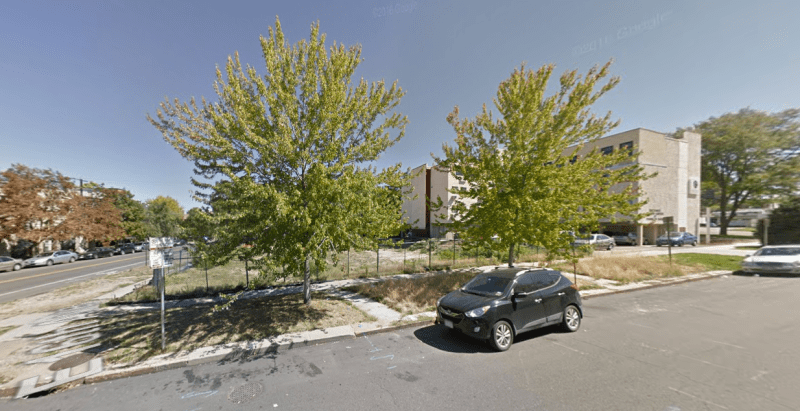Jolon Clark Is Letting the Parking Lobby Dictate Denver’s Housing Policy

The Denver City Council voted 7 to 6 Monday to advance a law that will raise housing costs by compelling the construction of parking spaces on small lots. The zoning amendment from Council Member Jolon Clark will require parking where none was required before, stifling walkable development and generating more car traffic.

With that vote, the Council ignored warnings from Denver Community Planning and Development, flouted a Denver Planning Board recommendation, and undermined city efforts to reduce car dependence and improve affordability. All that damage to the future of the city was done to appease the parking lobby — residents who believe that building compact homes without parking encroaches on their inalienable right to store private vehicles on public streets.
Although Council won’t vote on the full zoning package until May, last night’s decision ensures it will move forward with Clark’s amendment. Here’s a look at how Clark justified prioritizing parking over people.
The red herring of “Transportation Demand Management”
Throughout this process, Clark’s big talking point was that allowing development without parking on these particular lots is “no magic bullet” for solving car dependence or our affordable housing shortage. He said that instead, the city should pursue a “transportation demand management” (TDM) strategy — creating incentives to walk, bike, or ride transit.
It was all a big red herring. No one claimed that the absence of parking requirements was a silver bullet for those problems. But raising parking requirements will make Denver’s traffic and housing problems worse. Fewer homes will get built, more residents will choose to own cars, and destinations will be spread farther apart.
TDM is not a substitute for walkable development — it’s a complement.
In this case, Clark isn’t actually advancing TDM. He’s using TDM as a fig leaf for his real agenda, which is apparently carrying water for the pro-parking, anti-housing crowd.
The fallacy that living car-free isn’t an option
No doubt Denver needs to up its transit, biking, and walkability game. But it’s a myth that everyone here owns a car — a myth that Clark repeated yesterday. People moving to Denver “do have cars,” he said.
But if you look at City Park West, where neighbors first freaked out over a car-free development at 16th and Humboldt, car ownership is under one per household, according to Denveright documents. Some people clearly are living without cars.
And more people would live car-free if public policy supported it. Allowing development without parking is one part in a suite of policies that support walking and transit.
Clark purportedly wants the city to “really and truly [invest] in mobility, not just in infrastructure that makes our city work for one mode of transportation.” But if that were really the case, he wouldn’t have pushed this amendment through.
Parking mandates will make it harder for transit to succeed and discourage walking and biking. You can thank Jolon Clark for that — and the Council members who supported his amendment: Rafael Espinoza, Kevin Flynn, Wayne New, Paul Kashmann, Debbie Ortega, and Paul Lopez.



